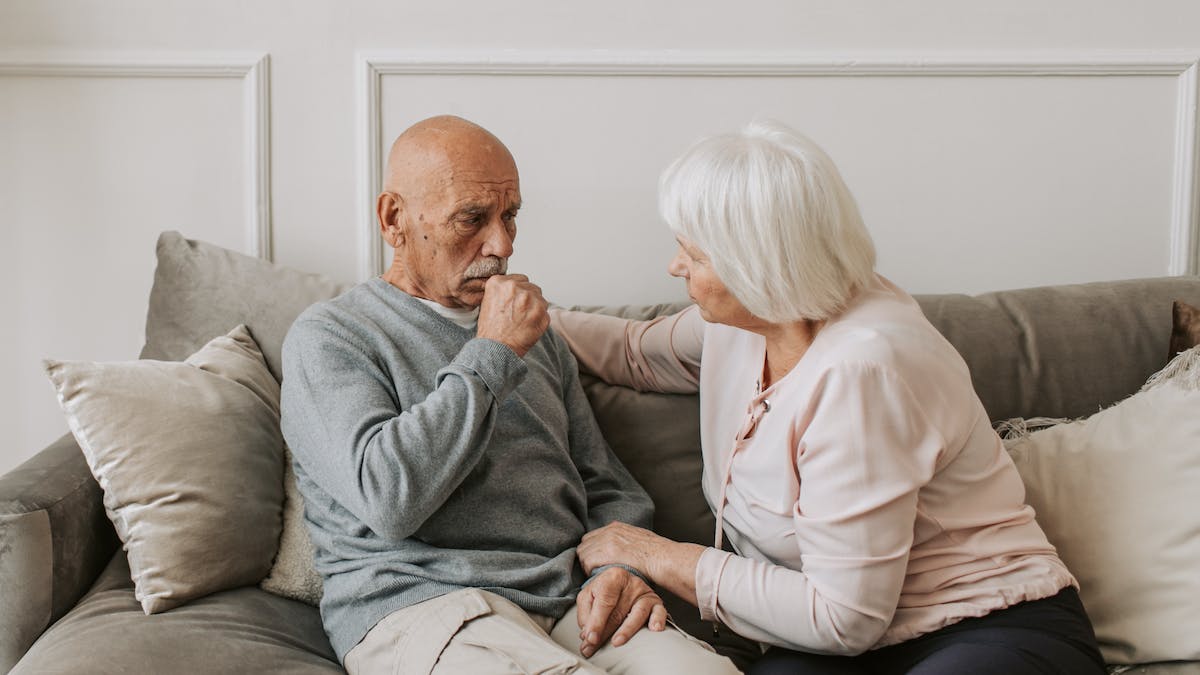
What to Know About Pneumonia and the Elderly
Pneumonia is a potentially dangerous lung infection caused by bacteria. For some people, the illness is mild, but for those with weakened immune systems, including seniors and the disabled, pneumonia can become severe.
Here’s everything you need to know about how pneumonia affects the elderly, as well as tips for protecting your loved one against the illness.
How Do Older People Contract Pneumonia?
Pneumonia spreads rapidly in places like hospitals, nursing homes, and other facilities. These locations tend to be filled with more germs due to the sheer amount of people they hold, as well as the close contact between patients. Medical facilities may have germs and pneumonia strains that are more difficult to treat.
Elderly people can also contract pneumonia from family members, friends, neighbors, and others they frequently spend their time with.
Symptoms and Risks of Pneumonia
Pneumonia can cause symptoms that are similar to a cold or other respiratory illness, including:
- Chest pain
- Cough
- Fever
- Headache
- Muscle pain
- Shortness of breath
- Fatigue
- Nausea
Elderly people may have underlying conditions that make pneumonia side effects more severe. Death can occur if pneumonia isn’t diagnosed early and treated properly.
Here’s what to watch out for if you or a loved one has pneumonia:
- Ongoing breathing issues: If the person already has a lung condition, a breathing machine or other measures may need to be taken.
- Bacteria in the blood: Pneumonia bacteria can sometimes spread to your blood and continue on to other parts of your body.
- Fluid buildup: The illness can cause fluid buildup in the person’s chest, which can lead to infection.
- Lung abscesses: If pus grows in the individual’s lung cavity, an abscess could occur. This can typically be treated with antibiotics but sometimes requires draining or surgery.
Ways to Prevent the Illness
Senior and disabled individuals can take steps to protect themselves from contracting pneumonia and prevent the illness from advancing, such as:
- Get a pneumonia shot. According to the American Lung Association, two vaccinations are recommended for people over 65 years of age due to their increased risk of pneumonia
- Be diligent about hand washing.
- Stay away from cigarettes. Smokers are in the “high risk” group for having complications from pneumonia.
- Practice good overall health habits, including eating a nutritious diet and exercising regularly.
- If you have an existing health condition, stay on top of doctor’s appointments, medications, and other care.
Visiting Angels Pittsburgh Helps Support Senior Health
Pneumonia recovery can take a while, particularly for older people. If you or your senior loved one are in need of professional assistance while you are on the mend, reach out to Visiting Angels Pittsburgh. Our experienced and professional caregivers are ready to help you with daily tasks like chores, transportation, meal prep, bathing, and more throughout your recovery, as well as after. Caregivers can also be on the lookout for signs of illness complications and alert your medical provider accordingly.
Our Visiting Angels care coordinators are available to discuss your needs during a free in-home consultation. Give us a call at 412-343-1515 or fill out our online form and we’ll be in touch soon.
